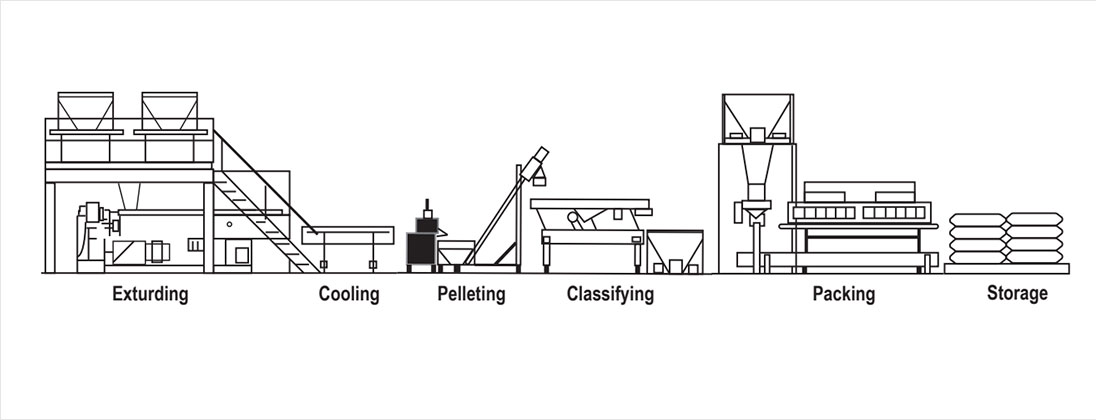PC-ABS is a blend of PC and ABS. If the two materials are simply mixed and then injected directly, the effect is very poor, and delamination will occur. The advantages of PC are rigidity and toughness, but the disadvantages are stress cracking and high viscosity. The advantage of ABS is good fluidity, but low surface hardness. The blended PC-ABS material retains the advantages. PC-ABS has higher surface hardness, higher rigidity and toughness, and also higher resistance to stress cracking. The mechanical properties of PC and ABS material are somewhere in between.
PC/ABS of Anmei Company has passed the SGS laboratory test, and its oil resistance can meet the requirements of 10k times of opening and closing of kitchen appliances without cracking.

Physical Property
Ash | (15.0% 1 ISO3451/1) |
Conditioned | 600°C*2h |
Density | (1250Kg/m3 1 ISO1183) |
Conditioned | 23°C |
Shrinkage Parallel Flow | (0.5-0.7 % 1 ISO294-4) |
Shrinkage Vertical Flow | (0.7-1.1% I ISO294-4) |
Mechanical Properties
Tensile strength (125.0MPa 1 ISO527) Conditioned | 5mm/ min |
Tensile Strain at Break (2.5% I ISO527) Conditioned | 1.0J |
Notched Impact Strength (125 0MPa I ISO527) Conditioned | 2mm/min |
Flexural Strength (190MPa 1ISO178) Conditioned | 2mm/min |
Flexural Modulus (5700 MPa I ISO178) Conditioned | 5mm/ min |
Thermal Property
Melting Point | (220°C I ISO11357) |
Hot Deformation Temperature | (175*C I ISO75) |
Conditioned | 1.8MPa |
Flammability Class | (HB 1UL94) |
Conditioned | mm |
Injection Molding Conditions
Drying Temperature | 130°C |
Drying Time | 3h |
Cylinder Temperature | 240-260°C |
Nozzle Temperature | 240-260*C |
Tooling Temperature | 80*C |